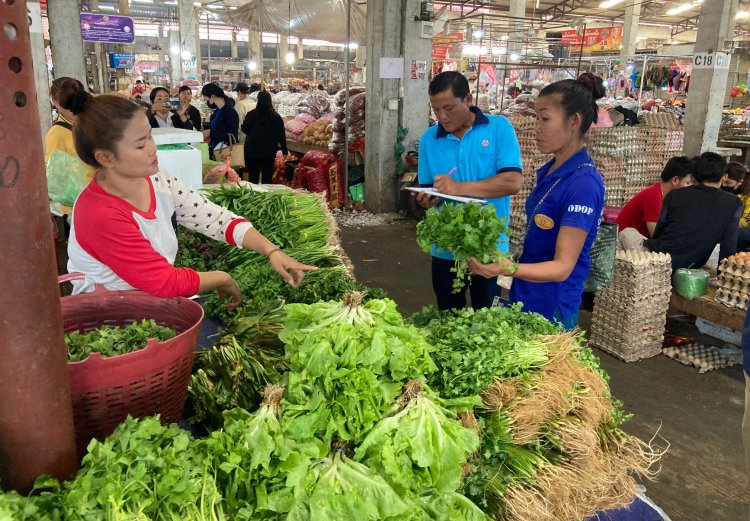This initiative is called the Grassroots Support Project (SGRA) and it is one of the main pillars of JILAF’s activities. Implemented in seven countries in the region (Thailand, Nepal, Bangladesh, Laos, Sri Lanka, Vietnam and Cambodia), the project involves local NGOs and the ILO and provides for tripartite cooperation between governments, trade unions and employers.
SGRA has four main pillars:
- the recognition of the central role of local trade unions in organising workers in the informal economy;
- the organisation of seminars for workers in the informal economy to provide these workers with information on their national social security system and to raise their awareness of the concept of mutual aid;
- the yearly development of a series of vocational training courses to strengthen existing skills or acquire new ones so that workers can find a job, start a business or improve their income and life; and
- encouraging organised workers - once they have reached a substantial number - to become socially independent and to create their own mutual-help organisations.
An example of this is the work that JILAF is currently undertaking with a group of organic farmers in Savannakhet Province in southern Laos. This is a country where farmers make up most of the workers. In fact, there are more farmer groups as recipients of support in Laos than in other countries where this project is implemented.
On 26 November, a group of experts arrived from Japan for a period of five days to implement an agricultural orientation programme. This type of programme not only teaches Japanese farming techniques but also teaches farmers the importance of being marketing-minded and proactive. For example, the programme teaches the farmers how to measure the cost/benefit ratio of growing a certain crop and how to compare the different market values of crops to choose the most interesting ones to produce in the future.
The programme also raises awareness of the importance for a group of farmers to grow crops together to share know-how, ship larger quantities and reduce their own costs, all to improve their income and living standards.
JILAF is aiming to follow up with this group of farmers and continue to develop similar programmes.
About JILAF
The Japan International Labour Foundation (JILAF) was established by the Japanese Trade Union Confederation (RENGO) in 1989 to promote international exchange and cooperation in the field of labour for the development of free democratic and independent trade unions and sound social and economic development in developing countries.


